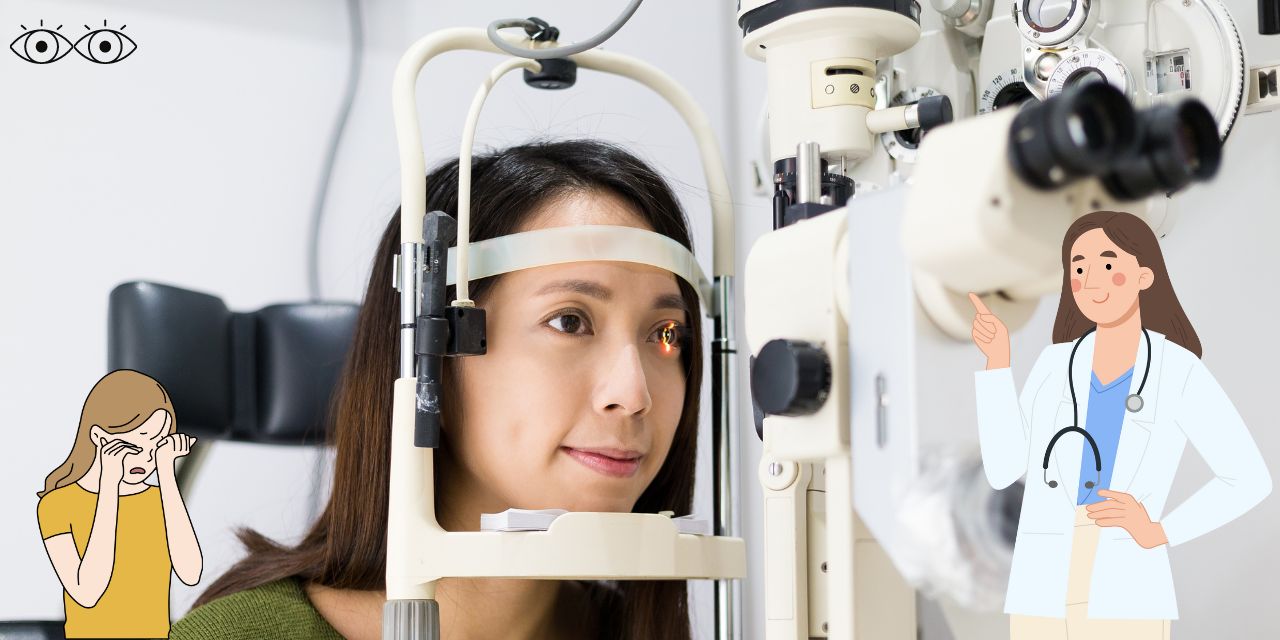Glaucoma is a complex eye condition that affects millions worldwide, often leading to irreversible vision loss if not managed properly. While it is primarily known for its impact on the eyes, recent studies have shown that several systemic health conditions can significantly influence the risk and management of glaucoma. Notably, conditions like diabetes and hypertension play critical roles in the development and progression of this sight-threatening disease.
Understanding Glaucoma
Before delving into the connection with other health conditions, it’s essential to understand what glaucoma is. Glaucoma refers to a group of eye disorders that damage the optic nerve, usually due to increased intraocular pressure (IOP). There are two primary types of glaucoma: open-angle glaucoma, which develops gradually and often without noticeable symptoms, and angle-closure glaucoma, which can appear suddenly and is considered a medical emergency.
Diabetes and Glaucoma
Diabetes is one of the leading risk factors associated with glaucoma. Individuals with diabetes are more likely to develop a condition called diabetic retinopathy, which can damage the blood vessels in the retina and contribute to glaucoma. Studies have shown that diabetic patients have a higher incidence of both open-angle and angle-closure glaucoma compared to non-diabetic individuals.
Moreover, the fluctuations in blood sugar levels experienced by diabetics can lead to changes in the eye’s anatomy, increasing the risk of elevated intraocular pressure. It’s crucial for diabetic patients to have regular eye examinations, as early detection and treatment can prevent severe vision loss.
Hypertension and Glaucoma
Hypertension, or high blood pressure, is another significant health condition that has been linked to glaucoma. Research indicates that individuals with hypertension have a higher likelihood of developing open-angle glaucoma. High blood pressure can affect blood flow to the optic nerve, potentially leading to nerve damage.
Additionally, the medications used to manage hypertension may also influence glaucoma risk. Some antihypertensive drugs can lower blood pressure but may inadvertently raise intraocular pressure in certain individuals. Therefore, it’s essential for patients with hypertension to discuss their medications with their healthcare providers, especially if they are at risk for glaucoma.
Managing Glaucoma in Patients with Comorbid Conditions
For patients diagnosed with both glaucoma and other health conditions like diabetes or hypertension, management becomes more complex. Regular eye check-ups become crucial for monitoring intraocular pressure and assessing the overall health of the optic nerve. An eye specialist in Patiala, such as Dr. Preet Inder Singh at Dr. Preet Inder Singh Eye Hospital, can provide personalised care tailored to the unique needs of patients with multiple health issues.
The Importance of Comprehensive Care
A multidisciplinary approach is vital for managing patients with glaucoma who also have conditions like diabetes and hypertension. Regular communication between eye care specialists, endocrinologists, and primary care physicians can enhance treatment outcomes. This collaboration ensures that all aspects of a patient’s health are considered, allowing for more effective management of both glaucoma and any underlying conditions.
Lifestyle Modifications
In addition to medical treatment, lifestyle modifications can play a crucial role in managing glaucoma and its associated health conditions. Patients are encouraged to:
- Maintain a Healthy Diet: Consuming a balanced diet rich in fruits, vegetables, and omega-3 fatty acids can support overall eye health.
- Stay Active: Regular exercise can help manage both blood pressure and blood sugar levels.
- Avoid Smoking and Excessive Alcohol Consumption: Both can exacerbate health issues and increase the risk of glaucoma.
- Stay Hydrated: Proper hydration can help maintain optimal eye pressure levels.
Regular Eye Examinations
Finally, regular eye examinations are critical for all individuals, especially those with diabetes or hypertension. Eye specialists recommend that patients at risk for glaucoma undergo comprehensive eye exams every one to two years. Early detection and treatment are key to preserving vision and managing the condition effectively.
Conclusion
In conclusion, the connection between glaucoma and other health conditions such as diabetes and hypertension underscores the importance of holistic patient care. Individuals with these conditions should prioritise regular eye exams and engage in lifestyle modifications to manage their health proactively. If you’re concerned about your eye health or are at risk for glaucoma, consider visiting Dr.Preet Inder Singh at Dr. Preet Inder Singh Eye Hospital, a leading eye specialist in Patiala. With expert care and a comprehensive approach, you can take control of your eye health and overall well-being.To get more information please contact us on : +919041109006

